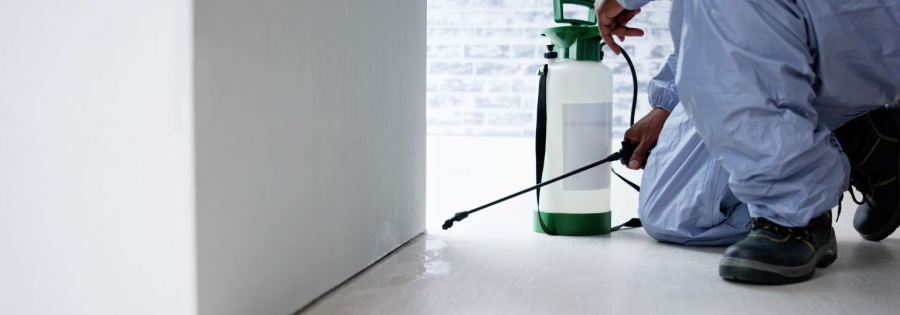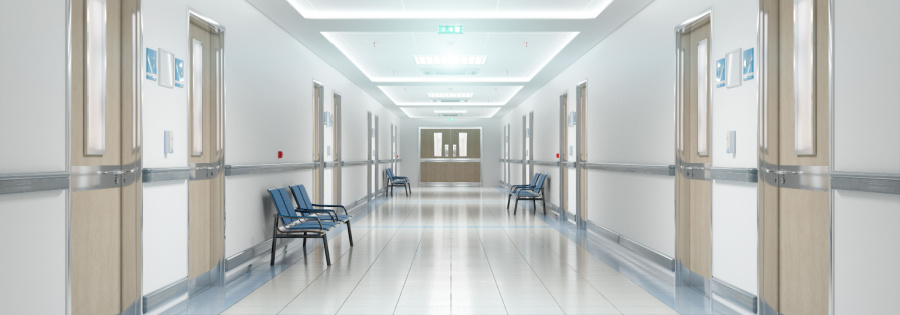The Importance of Safe Pest Control for Healthcare Facilities

Controlling pests in healthcare facilities is an important task that requires proper planning and implementation. Pests can spread diseases, contaminate food and surfaces, and cause allergic reactions. Therefore, it is essential to keep these pests under control in order to maintain the health of patients and staff. In this article, we will discuss the various methods of controlling pests in healthcare facilities. In addition, we will look at how to identify pest infestations, how to prevent them from occurring in the first place, and how to eliminate them once they have been found.
Common Pests in Healthcare Facilities
Hospital areas such as employee lockers, janitorial closets, trash collection areas, break rooms, cafeterias, sick wards, docking zones, and landscaping are subjected to high infestation rates. The most common pests that pose a threat to medical facilities include:
- Cockroaches – These pests carry bacteria and viruses that can compromise a sterile hospital environment by spreading harmful allergens.
- Rodents – Rats and mice are known to enter healthcare facilities through small openings and holes and any place they can chew their way through. As a result, they constantly contaminate their surroundings and spread pathogens through their droppings.
- Flies – Flies have actually been known to carry twice as many disease-causing pathogens as cockroaches. They constantly contaminate food and surfaces by transmitting these disease organisms.
- Ants – These pests can spread various disease pathogens such as Salmonella and Streptococcus pyogenes. They are especially problematic due to their attraction to intravenous units and open wounds.
- Bed Bugs – These pests pose a serious threat to medical facilities due to their ability to hitchhike on clothing, furniture, appliances, and other belongings transported by people. Their bites can cause infections, rashes, and further contamination.

How to Control Pests in Hospitals and Medical Facilities
Healthcare facilities are responsible for taking care of the health and safety of their patients and staff. For this reason, it is important that they take all necessary steps to ensure that their facilities are free from pests. Pest infestations can be dangerous as they can spread diseases and contaminate food. Therefore, commercial pest control services are essential for healthcare facilities in order to protect the health of those who come into contact with them.
The best way to prevent an infestation is to understand how pests gain access and stop them from entering.
- Regularly clean high-volume areas like cafeterias and waiting rooms, where food scraps and trash are more likely to build up.
- Keep food and drink items sealed and stored properly, especially in kitchens and cafeterias.
- Eliminate sources of moisture in various plumbing areas, including clogged drains and leaky pipes.
- Dispose of trash regularly and store it in dumpsters or sealed containers.
- Closely inspect food delivery boxes before storing them in the kitchen.
- Ensure that all entryways are kept closed and never propped open.
- Seal holes and cracks on the exterior of the building, including entry points for utilities and pipes.
- Replace weather stripping on lower-level windows and doors.
- Ensure all storage areas are dry and well-ventilated.
- Look for droppings in low-volume areas, such as closets and storage places.
- Trim or remove any landscaping or vegetation, keeping it at least two feet from the building.
Discover Coastal Spray’s Integrated Pest Management Programs
In order to ensure safe pest control, healthcare facilities need to use a professional pest management company that is knowledgeable about the latest methods and techniques for eliminating pests. At Coastal Spray, we use safe products and treatments that will not harm people or animals while also effectively getting rid of pests. As a result, our medical facilities pest control methods can be employed in a safe manner for both people and the environment.
Contact our team today to learn more about our pest management services.